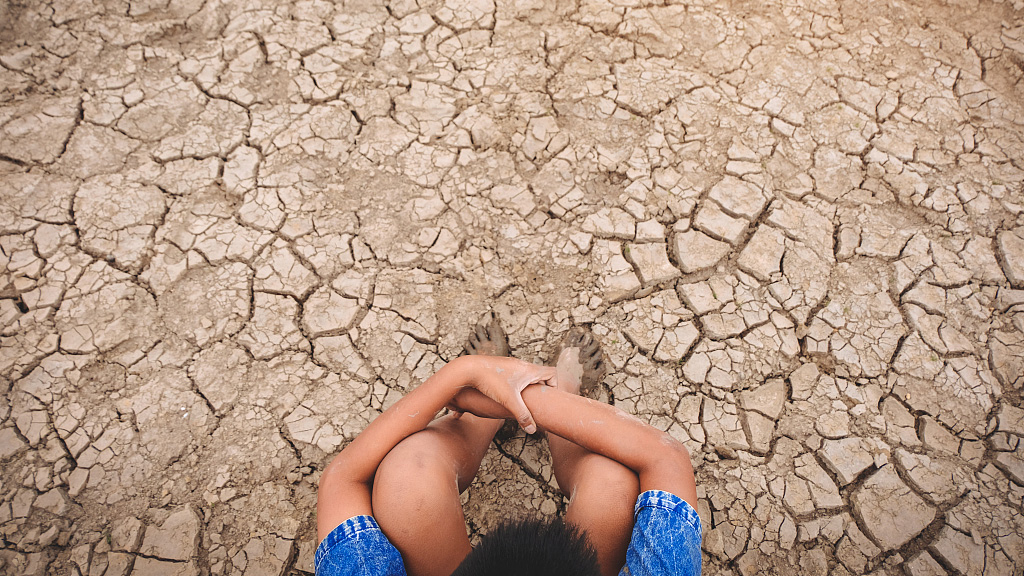
The health and future of the world's young people is under threat from ecological degradation, climate change and exploitative marketing practices that push processed food and tobacco, a new UN report said Wednesday.
The report "A Future for the World's Children" was produced by a commission convened by the UN health agency WHO, the UN children's fund UNICEF, and renowned medical journal The Lancet.
The report includes a new global index of 180 countries, comparing performance on child flourishing, including measures of child survival and well-being, sustainability, and equity.
According to the report, while the poorest countries need to do more to support their children's ability to live healthy lives, excessive carbon emissions -- disproportionately from wealthier countries -- threaten the future of all children.
The index shows that children in Norway, South Korea, and the Netherlands have the best chance at survival and well-being, while children in Central African Republic, Chad, Somalia, Niger, and Mali face the worst odds.

The report shows that high income countries have a higher excess CO2 emissions relative to 2030 targets. /VCG Photo
The report shows that high income countries have a higher excess CO2 emissions relative to 2030 targets. /VCG Photo
However, when per capita CO2 emissions are taken into account, the top countries trail behind. Norway ranked 156, South Korea 166, and the Netherlands 160.
The only countries on track to meet emission control target while also performing fairly (within the top 70) on child flourishing measures are: Albania, Armenia, Grenada, Jordan, Moldova, Sri Lanka, Tunisia, Uruguay, and Vietnam.
Children's exposure to commercial marketing of junk food and sugary beverages is associated with purchase of unhealthy foods and overweight and obesity, linking predatory marketing to the alarming rise in childhood obesity.
The number of obese children and adolescents increased from 11 million in 1975 to 124 million in 2016 -- an 11-fold increase, with dire individual and societal costs.
"From the climate crisis to obesity and harmful commercial marketing, children around the world are having to contend with threats that were unimaginable just a few generations ago," said Henrietta Fore, UNICEF executive director.
"It is time for a rethink on child health, one which places children at the top of every government's development agenda and puts their well-being above all considerations," she urged.
(Cover image via VCG)
(If you want to contribute and have specific expertise, please contact us at nature@cgtn.com.)
Source(s): Xinhua News Agency